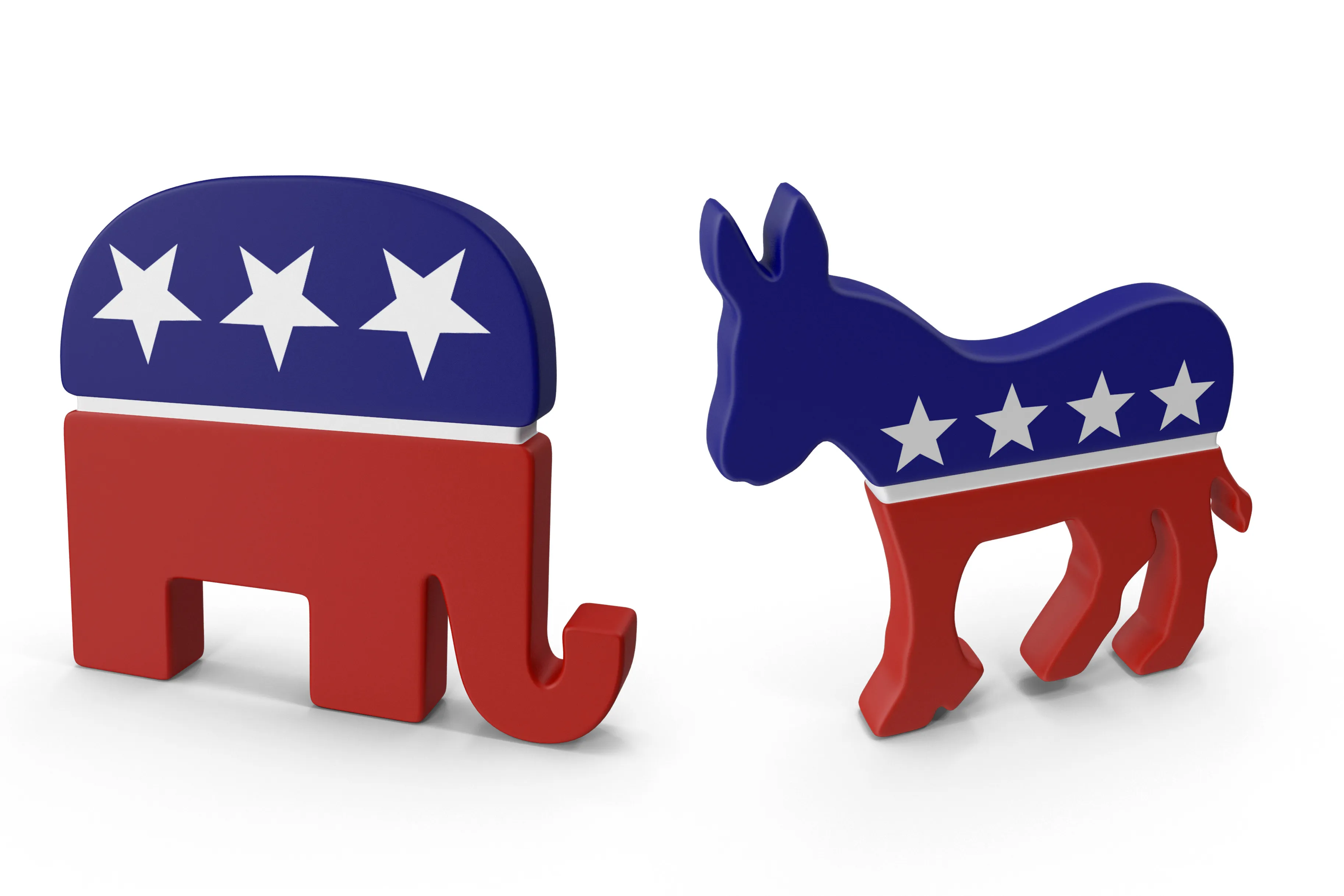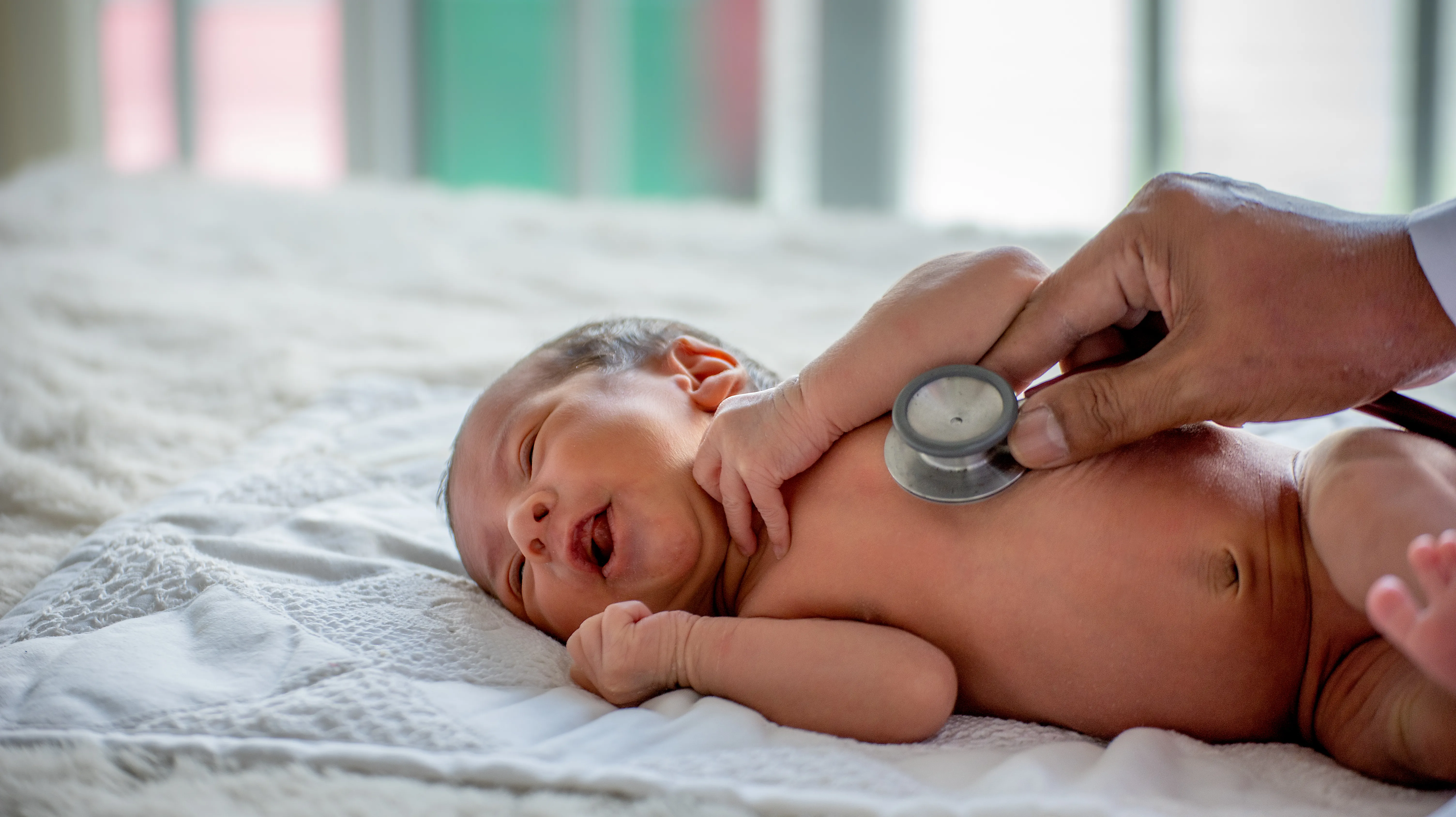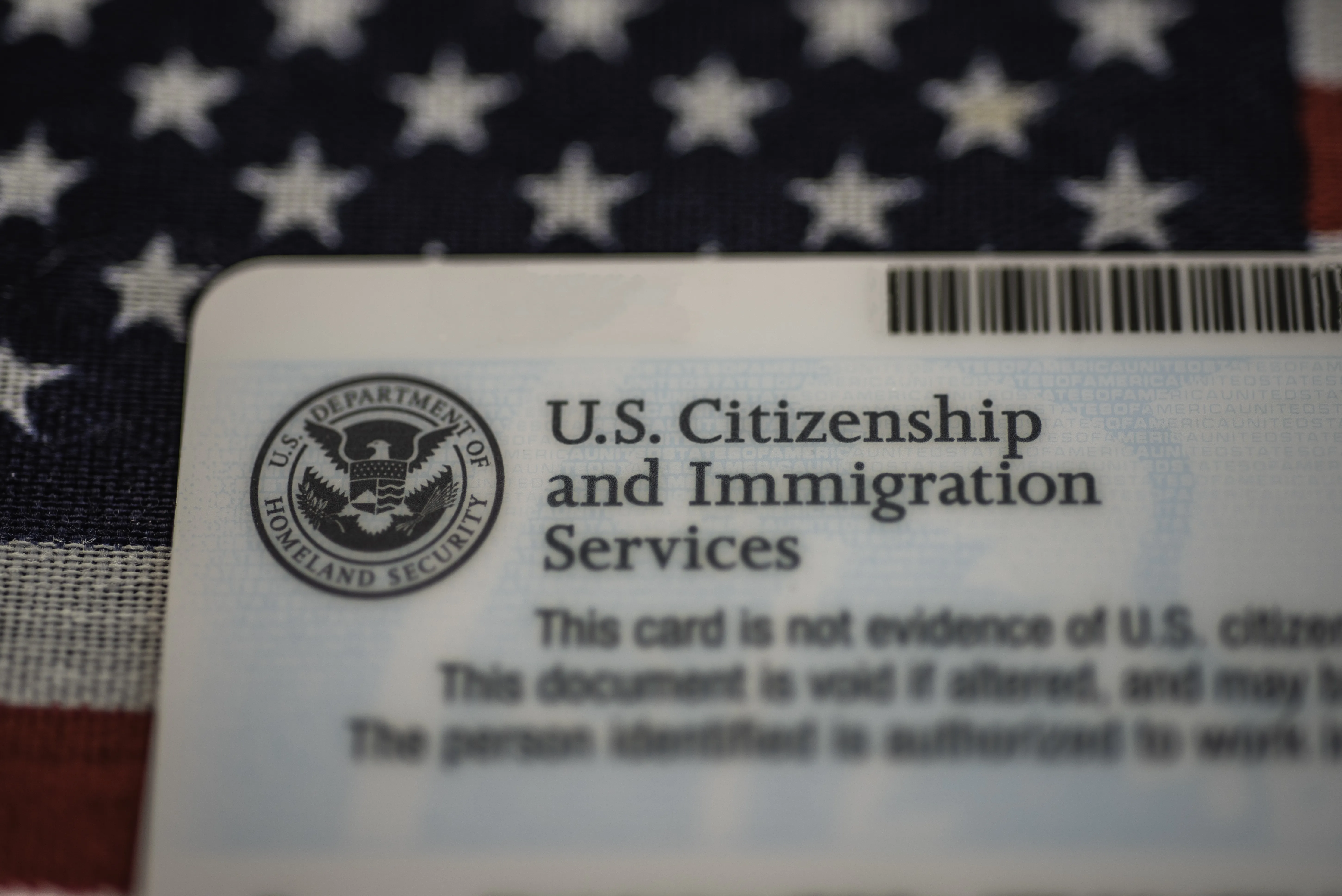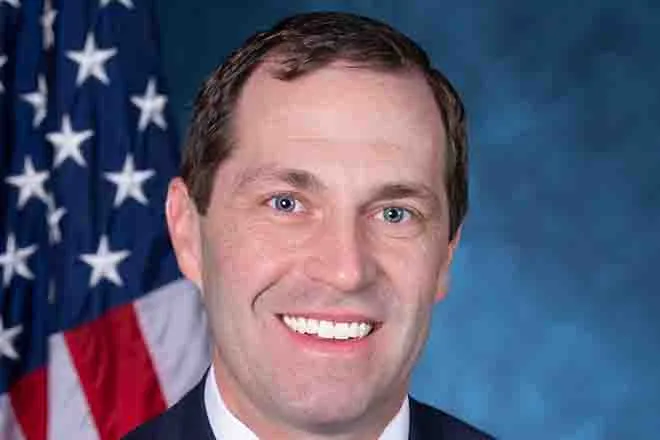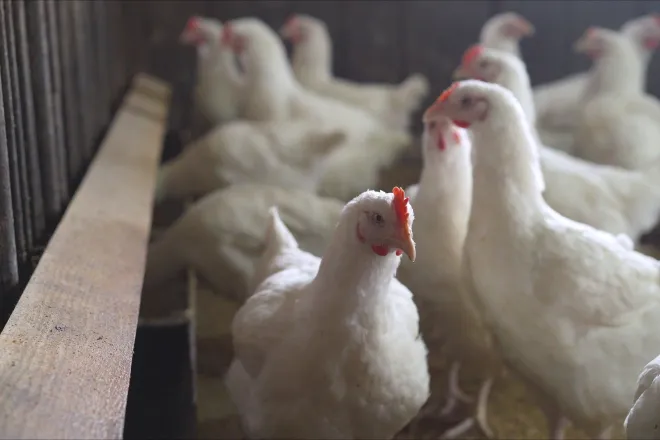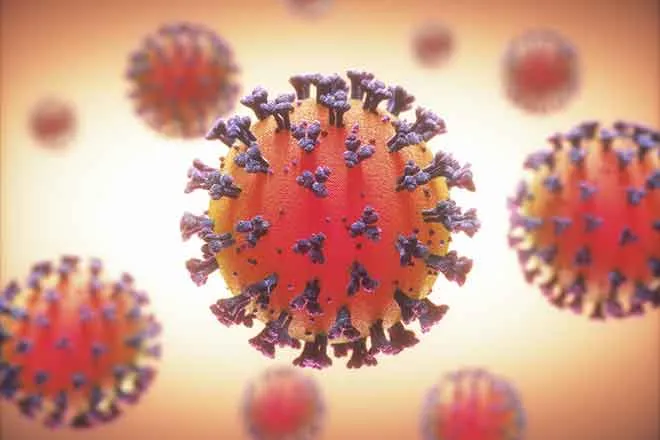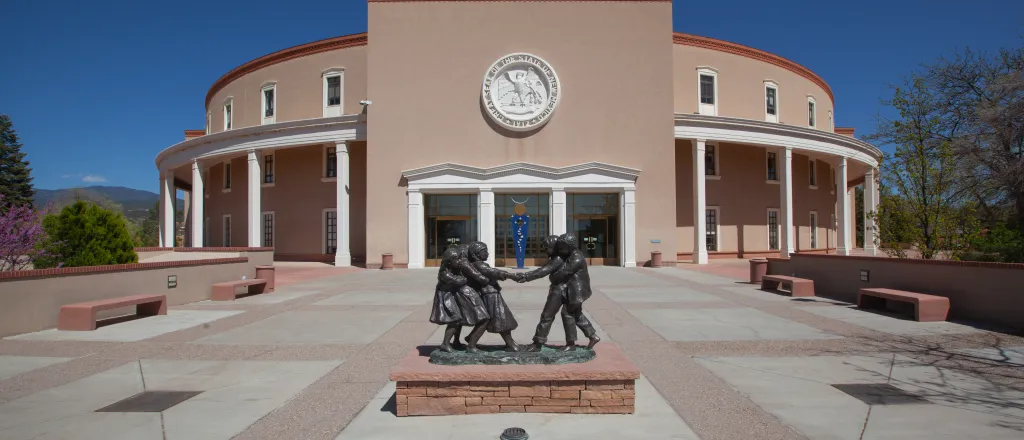
New Mexico officials debate solutions for federal Medicaid, SNAP cuts
© jdwfoto - iStock-1487999298
Click play to listen to this article.
The reconciliation bill passed by Republican lawmakers in Washington last month is expected to make health care more expensive, leaving basic coverage out of reach for many New Mexicans.
About two in five state residents are on Medicaid and one in five use the Supplemental Nutrition Assistance Program, the highest enrollment of any state in the nation. Officials with the state's Health Care Authority have briefed legislators about changes coming in October, noting federal spending cuts will likely deepen hunger for children and seniors.
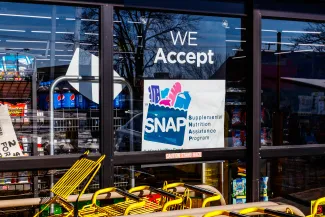
Kari Armijo, cabinet secretary of the New Mexico Health Care Authority, said when kids are hungry, education becomes secondary.
"SNAP is definitely one of the most effective tools we have to help keep kids healthy," Armijo observed. "Downstream impacts of these changes are that school attendance will go down, school performance will go down."
Nearly 40 percent of New Mexicans who receive SNAP benefits are children. Governor Michelle Lujan Grisham has promised to call a special session soon to address new SNAP and Medicaid federal policies. Armijo noted the state has made significant investments in SNAP and built meaningful health care access for residents but the dramatic federal changes could reverse progress.
Armijo argued new regulations will make health care more expensive because Medicaid is the largest provider in New Mexico and most other states. It means hospitals, nursing facilities, and organizations providing health care safety nets will also be affected by the cuts. Some may view SNAP as public assistance but Armijo believes it is health care.
She pointed to the state's growing senior population, which has the fifth-highest poverty rate in the nation.
"People need food every day to live," Armijo stressed. "Sometimes people postpone their health care needs but they cannot postpone eating. And so, they're really going to probably face a struggle with these adjustments."
The reconciliation bill also includes new work requirements for those on Medicaid, with some estimates showing up to 36 million people could lose their coverage if they are unable to engage in employment, education, a work program or community service.


